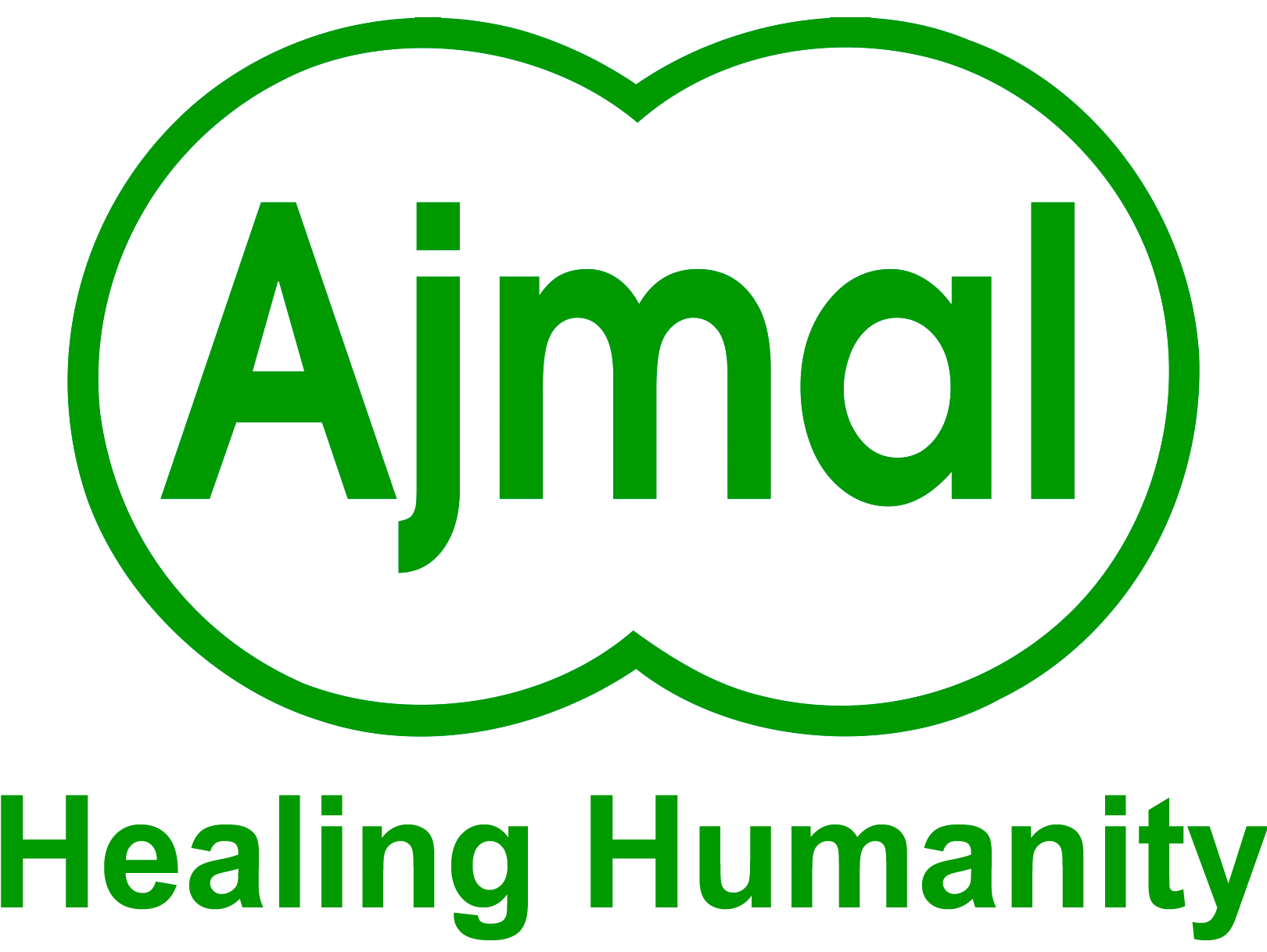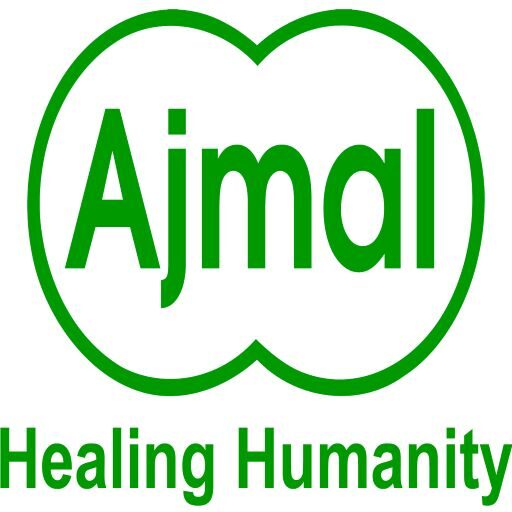Originally from Pakistan, I am at present teaching at the Faculty of Pharmacy of Angers University in France. Having remarked that in the last two decades there is a growing interest in plant therapy throughout Europe, I decided that I shall try to visit an oriental pharmacy (Dawa khana) during a visit to Pakistan. This opportunity was presented to me in August 2008 when I was in Pakistan during the summer vacations.
How could I then skip the temptation of visiting the factory of Dawakhana Hakeem Ajmal Khan? So while in Lahore in August 2008, I contacted Mr. Tanveer Nabi Khan, one of the Directors of the Dawakhana, and requested him for such a possibility, to which he graciously agreed. I was with my wife who has specialized in Medical and Biological Analysis and has worked in different French hospitals and was also very keen on this visit. It was a pleasure to meet Mr. Tanveer Nabi, a soft-spoken and amiable gentleman with an amicable smile. He warmly welcomed us at the Factory and personally accompanied us on a detailed visit to their Dawakhana. We were accompanied by the Factory Manager, Mr. Akhtar, and the Factory Supervisor, Mr. Shahzad Haydar, and they aptly explained to us the technical details of the procedures involved at each and every step of manufacture. The Factory, of course, is ISO certified.
We were under the impression that we shall see old-fashioned preparations of medicines with alembic - the medieval distilling apparatus, pestle and mortar, and so on. We were indeed agreeably surprised to see that the whole factory was organized on modern footings with up-to-date techniques.
The storage of the medical plants and herbs was located in the cellar. All the deliveries are stored systematically in order to facilitate their ready availability when required for any further use. Whenever medicine is to be prepared, the required raw material is sent to the formulation department where after weighing according to the formula, the calculated masses undergo grinding and mixing in automated machines. This is the operation if the finished product is to be a tablet. The tablet machine churns out at regular intervals tablets which are then passed through a dryer and are then fed into the packing machine. Strips of tablets are collected in trays, ready to be sent to the dispatch section.
I was impressed to see that the whole procedure was very hygienic, although for my wife it was very normal. All workers wore chemical blouses, head coverings, masks, and hand gloves, and no material was touched by a human hand. This is enormous progress since the standard that I had known thirty years back, and which was prevalent in Pakistan then, had no room for such cleanliness and hygiene.
The other side of the Factory was meant for fluid and paste preparations, Here we learned the differences between 'jawarish' (paste with coarse particles) and 'majoon' (paste with fine particles). In the section where liquid preparations were being made, we learned the vocabulary 'qawam' (syrup), 'arq' (extract), 'joshanda' (decoction of liquid after boiling, and also 'khameera' which is joshanda prepared with 'sheera' (sweetened liquid).
All these varieties of medicines are made with the raw material brought from the godown, weighed, and then boiled with sugar and/or honey. After the formula preparation, filling, bottling, and packing of the liquids, as well as those of 'khameera' in plastic capsules, are all carried out in fully automatic machines. This automatism is extended administratively as the order, contract, and dispatch numbers are also automatically recorded. In this connection, what astonished us was that, with the exception of a tablet machine, all machines were locally made!
Scientifically, I was very satisfied with the visit and the warmth of the reception that we received. Nevertheless, there are areas where improvement is advisable. I saw a well-furnished research laboratory with good possibilities for doing some sort of research work. However, this laboratory is only being used for quality controls. Being a research scientist, I was pained to see the utilization of the research laboratory solely for routine procedures. It would be a great contribution to medical sciences, Unani as well as modern plant therapy if the Dawakhana Hakeem Ajmal Khan activates its research section. It can start by carrying out in-depth investigations on its age-old prescriptions which will certainly open new horizons for new formulations.
Back in France, I related my experience to my colleagues in the Pharmacognosy and the Pharmacodynamics Departments. They showed interest in an eventual collaboration and a possible conflation of the two, so widely different, versions of pharmaceutical preparations. Let us hope that some sort of co-operation in this regard will be established soon.
* The writer is an Associate Professor at the Pharmacy Faculty of the University of Angers, France


